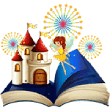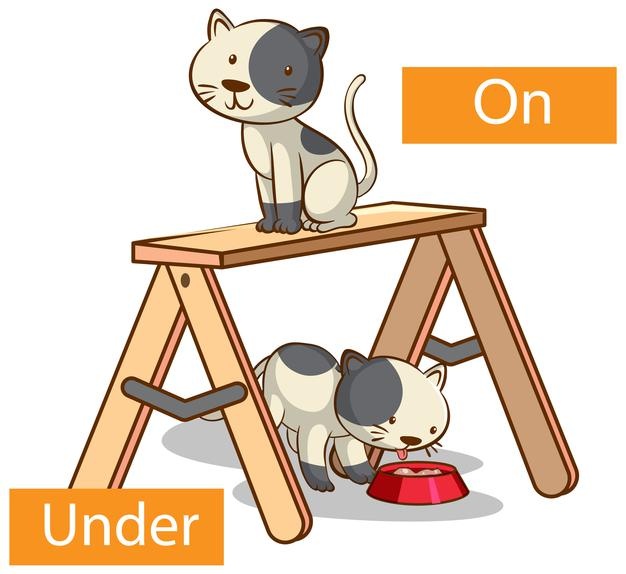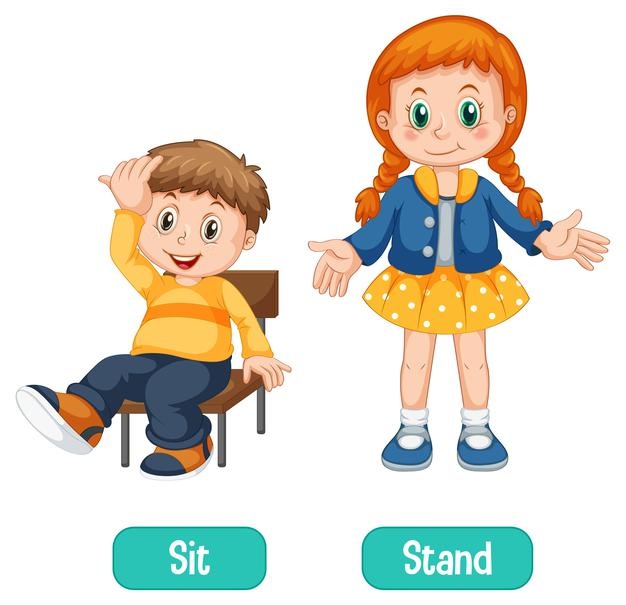Critical thinking is an essential skill that plays a vital role in a child’s development. It helps children make decisions, solve problems, and think logically in everyday situations. One of the most enjoyable and effective ways to enhance critical thinking skills in kids is through card games. These games not only provide fun but also encourage kids to strategize, make decisions, and think critically about their moves.
In this article, we explore how card games for kids can foster critical thinking, and how platforms like easyshiksha.com offer engaging resources to help kids sharpen their minds through fun activities, including games like the card shuffler game.
Questions for Kids
The Role of Critical Thinking in Child Development
Critical thinking refers to the ability to analyze information objectively, consider different viewpoints, and make reasoned decisions. For children, developing critical thinking is essential for academic success and personal growth. It helps them solve problems effectively, think independently, and navigate challenges they may face in life.
Kids often learn critical thinking in a gradual, interactive way. Kids learning often involves hands-on experiences, and games, in particular, provide an excellent opportunity for children to develop these skills. Card games, in particular, are highly effective because they require children to focus, plan, and evaluate their decisions. Each move in a card game offers a chance to think critically about the situation and decide on the best possible outcome.
How Card Games Foster Critical Thinking
Card games come in various forms, from traditional games like Go Fish to more strategic games like Poker and Solitaire. These games help children in numerous ways:
1. Strategic Thinking and Planning
Most card games require players to strategize their moves. Whether it’s deciding which card to play next or predicting what the other players may do, strategic thinking is key. For example, in a card shuffler game, players must anticipate the outcomes of each shuffle, decide the best time to play their cards, and adjust their strategies based on the ever-changing game dynamics. This process strengthens a child’s ability to plan ahead, evaluate different scenarios, and make decisions based on available information.
2. Decision Making and Consequences
In card games, kids often face decisions that have consequences. Should they play a certain card now or hold it for later? Should they take a risk or play it safe? These decisions encourage kids to weigh the pros and cons, assess the risks, and understand that every choice has an impact. By making and reflecting on their decisions during the game, kids develop the ability to think critically and learn from both successes and mistakes.
3. Problem Solving
Many card games, especially those that require strategy and planning, involve solving problems. For example, in games like Uno, players must figure out how to play their cards to win, considering both their cards and their opponents’ moves. This constant problem-solving exercise helps kids develop skills they can apply to real-life challenges. Games like card shuffler game can provide endless opportunities for kids to analyze different possible outcomes and make decisions accordingly.
4. Memory and Attention to Detail
Playing card games can also help kids enhance their memory and attention to detail. In many card games, players need to remember what cards have been played and what cards are still in the deck. This strengthens their ability to focus and pay attention, both essential components of critical thinking. The more attention a child gives to the cards and the flow of the game, the better they become at tracking information and making informed decisions.
5. Adaptability
Critical thinking also involves being flexible and adapting to changing circumstances. In card games, the game dynamics can change rapidly, and players need to adjust their strategies accordingly. For instance, a card shuffler game may constantly alter the cards in play, requiring kids to quickly adapt and reassess their strategies. By practicing adaptability in such games, kids become better at thinking on their feet and adjusting to new challenges, which is an important life skill.
The Benefits of Card Games for Cognitive Development
In addition to developing critical thinking, card games also contribute to other areas of cognitive development, such as:
Enhancing logical reasoning: Many card games require kids to apply logical reasoning to figure out the best possible play.
Building patience and focus: Card games often take time and require kids to stay focused on the game, building patience and perseverance.
Improving social skills: Many card games are social, requiring communication and collaboration with others. This helps kids learn how to work with peers and develop teamwork skills.
Boosting math skills: Games like Go Fish or War teach kids basic math skills like addition and subtraction, as they count cards and match numbers.
What's New in Free Kids Learning?

Educational Games
Educational games are games explicitly designed for educational purposes with incidental or secondary educational value.
Click to Learn
Educational Video
Educational Videos increase student engagement in online classes, which helps boost their achievement.
Click to Learn
Worksheets
Worksheets are an essential part of a kid's learning process. It provides them to test their Learning and involve them in regularpractice.
Click to Learn
Questions
Kids cherish inquiring questions and their consistent 'Whys, How's, Who's are sufficient to drive indeed.
Click to Learn
Stories
Stories are the best way to develop a child's imagination by introducing new ideas into their world.
Click to Learn
Poems
Poems are perfect for young children to enhance their vocabulary and read skills. they may think poetry is incredible!
Click to LearnHow Easyshiksha.com Can Help with Card Games for Kids
Easyshiksha.com is a fantastic platform that provides a wide range of educational resources for children. It offers engaging activities and learning tools to help kids develop skills like critical thinking, problem-solving, and strategic planning.
For parents and educators looking to integrate card games for kids into their curriculum, easyshiksha.com provides resources and guides to help make learning fun. Whether it’s teaching kids the basics of card games or introducing more advanced card shuffler games, easyshiksha.com offers a variety of interactive activities that keep children engaged while fostering their cognitive skills.
Moreover, easyshiksha.com also offers online learning platforms where kids can access educational content related to various subjects, including coding and critical thinking exercises. By incorporating card games as part of a well-rounded educational approach, kids can enhance their thinking skills while enjoying themselves.
Check out our latest article: How Carnival Shooting Games Can Teach Kids About Perseverance and Patience
Get Courses: memory game online course
Conclusion
Card games are an excellent way for kids to develop critical thinking skills in a fun and interactive manner. From strategic planning to decision-making and problem-solving, these games offer countless opportunities to strengthen cognitive abilities. Whether playing a traditional card game or using a card shuffler game, kids learn to think critically, adapt to new challenges, and make better decisions.
Easyshiksha.com offers valuable resources to help kids and parents integrate educational games into their daily learning. By combining fun activities like card games with structured educational content, kids can build a strong foundation for their future success in both academic and real-world situations. So, the next time you’re looking for a way to boost your child’s critical thinking, consider introducing them to a fun card shuffler game or other card games that challenge their cognitive skills.












































































